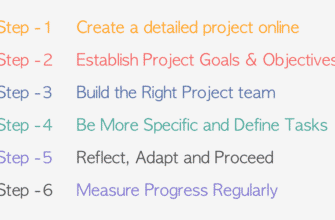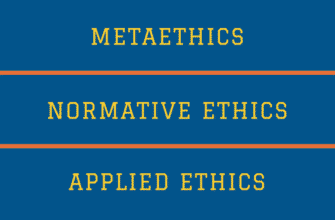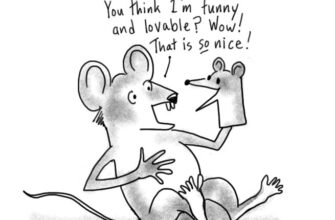Leaders are always searching for new ways to motivate their team. Incentives help, as do training, inspiration, and goals, but there’s one resource you are overlooking—the power of competition.
I have been up against tough competition all my life. I wouldn’t know how to get along without it.—Walt Disney
According to a new study, competition may be the key to increased performance. The research led by Jingwen Zhang compared the results of three groups: 1) competition-driven teams, 2) social support teams, and 3) a combination of support and competition. Overwhelming, the competition teams outperformed the support team by rates greater than 90%.
As much as society emphasizes the need for social support, you would think it would materialize into tangible outcomes but no, social support group had no significant bearing on progress. In fact, it may have caused participants to feel less motivated.
As part of the study, the researchers also measured the impact of social media and how it changes behaviors. To do so, all teams had access to online leaderboards. The competition teams could compare their performance to other teams and were rewarded based on the number of classes attended. The support teams did not know how well other teams performed but could chat online and encourage their teammates. According to Zhang,
Most people think that when it comes to social media more is better. This study shows that isn’t true: When social media is used the wrong way, adding social support to [a program] can backfire… However, when done right, we found that social media can increase [performance] dramatically.
To “backfire” Damon Centola, another researcher on the project, states that supportive groups can fail…
…because they draw attention to members who are less active, which can create a downward spiral of participation… Competitive groups, [on the other hand], frame relationships in terms of goal-setting by the most active members. These relationships help to motivate because they give people higher expectations for their own levels of performance.
For leaders, this means we need to frame social interactions as competitions. It should be healthy without a bloodthirsty mindset, and the policies, ethics, and positive culture of the workplace should be strictly enforced. However, a more competitive setting will help raise the bar for all. Zhang calls this a social ratcheting-up process where one person’s win inspires others to “ratchet-up” their performance. This is in contrast to social support teams who experience ratcheting-down—a low performer sets a precedent in which others now have permission to falter.
I think there’s something wrong with me – I like to win in everything I do, regardless of what it is. You want to race down the street, I want to beat you. If we’re playing checkers, I want to win. You beat me, it’s going to bother me. I just enjoy competition.—Derek Jeter
If your organization needs a competitive advantage, bolster competition. Encourage winning. Promote reliance. Incentivize victories. You can still be supportive, but don’t allow it to be used as an excuse or to condone underachievement. Utilize support to re-energize; let it provoke a champion attitude. And if you do it right, you’ll “ratchet” right past the opposition.






